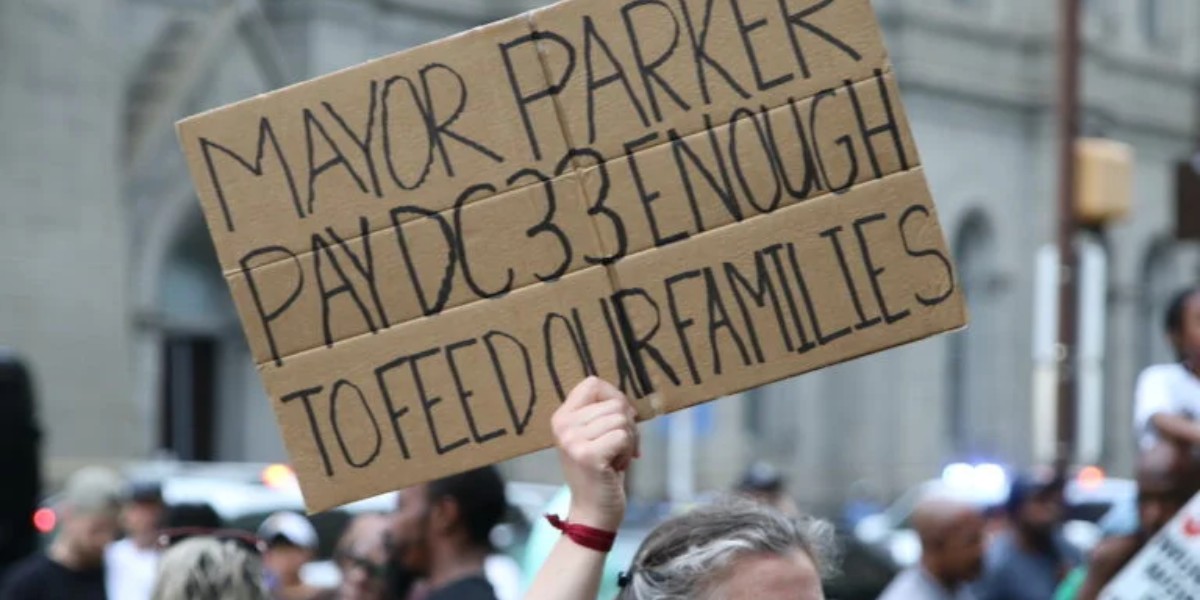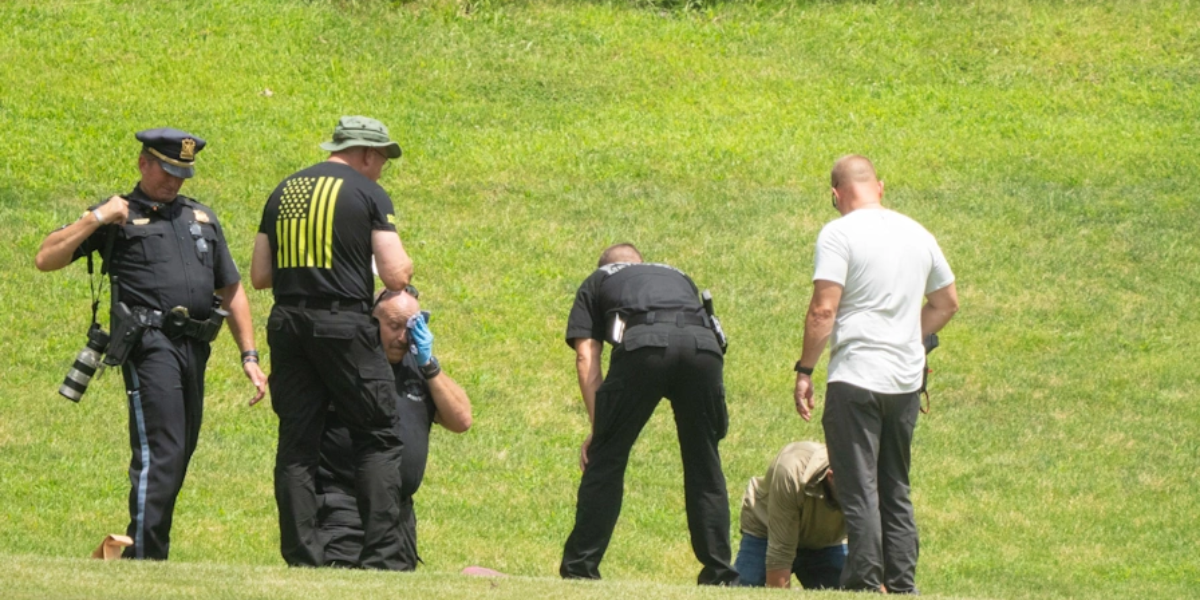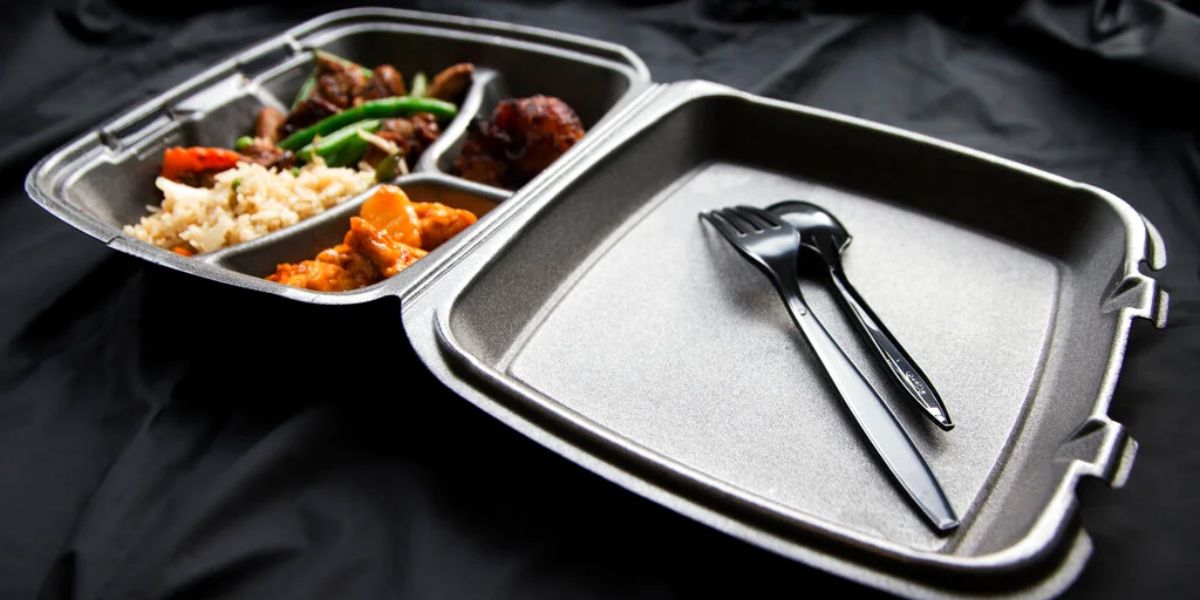The biggest city workers’ union in Philadelphia is going on strike on Tuesday, the first time in almost 40 years, because they couldn’t come to an agreement with the city.
AFSCME District Council 33 is leaving its job because talks didn’t lead to a deal. It represents thousands of city workers. It’s been since 1986 since the union went on strike.
Find out about the strike and how it will impact Philadelphia below.
What does AFSCME District Council 33 stand for?
District Council 33 speaks for about 9,000 city workers who do work for the Sanitation Department, the Water Department, the Police Dispatch Department, the Streets Department, airport maintenance, and other departments. The union left talks with the Parker administration on Monday morning without a new contract.
In order to make real progress in life, DC 33 President Greg Boulware said Monday morning, before the strike, “Sometimes you have to take a step backward.” “And our men and women don’t want to do it, and to be honest, we can’t afford to do it. We can’t keep going in the same direction we’ve been going for so many years.” Things need to change.
What does Council 33 of AFSCME want?
The union is fighting for better health care and higher wages. DC 33 wants all of its workers to have health insurance and an 8% pay raise every year for four years.
Mayor Cherelle Parker said in a video posted on social media over the weekend that her office had come up with a plan to raise workers’ pay by more than 12% during her term. She said it was the biggest pay raise any mayor had given in a single term in over 30 years. She also said that people would still be able to get health insurance.
What will happen with trash pickup in Philadelphia while workers are on strike?
Parker said on Monday that Philadelphians should not put their trash and recycling cans at the curb after Tuesday because there will be a strike. She also told people in Philadelphia not to illegally throw away trash anywhere.
“This is clearly the subject that everyone is thinking about right now.” How will the city get rid of my trash if they can’t work? “The Department of Sanitation will be working on what we call a modified capacity” if there is a strike, Parker said Monday. “Beginning Tuesday, July 1, there will be no trash or recycling pickup for homes.” Residents, we ask that you please don’t put out any trash or recycling for collection at the curb until further notice.
Parker said that because of the strike, the city is setting up 63 temporary drop-off spots for people in Philadelphia to bring their trash. The list would be on the city’s website. People should bring their trash to the location where it is normally picked up, and if more are needed, the mayor said, they would be opened.
Starting Tuesday at 5 p.m., the temporary drop-off spots will be open. After that, they’ll be open Monday through Saturday from 6 a.m. to 10 p.m. Every day from 6 a.m. to 10 p.m., the six Sanitation Convenience Centers will be open.
On the other hand, if the strike lasts that long, all temporary and convenience stores will be closed on July 4.
People who live in the city are being asked to only bring eight bags of trash at a time and no loose trash.
The six Sanitation Convenience Centers are the only places that will take recyclables. People in the city are being asked to keep their recyclables for as long as possible because, for health and safety reasons, trash will be picked up first.
What else will Philadelphia’s strike change?
The strike will also affect programs at recreation centers, people who answer the phone at 911, people who run airports, some Water Department employees, and people who work for the city in other departments, such as those in Public Health, Revenue, and License and Inspection.
The School District of Philadelphia said that crossing guards who work near 63 schools with summer programs are part of the union and are likely to quit. Parents are being asked to make sure they have a safe way for their kids to get to and from school during the strike.
Police in Philadelphia said that because of the strike, 200 officers will be moved to the 911 call center.
When people call 911, officials ask that they be patient because wait times will grow and that people should not hang up.
Because DC 33 workers are in charge of maintaining the pools, the city will only keep 25 of them open during the strike. You can find out which pools are open on the Parks and Recreation website.
The Water Department said that workers are learning new skills to help out during a strike. Still, the department said that customers might have to wait longer for service and repairs, and that workers will decide which repairs to do first based on how bad they are and how many resources are available.
There may be longer wait times on the Water Department’s customer service line, but the line will still be open. People in the area can report emergencies by calling 215-685-6300. People who want to pay their bills and get account information should use the self-service options online or over the phone.
Officials say that Philadelphia International Airport will stay open and work. A spokesperson for the airport said that jobs at DC 33 will be filled by people who are not in the union while the strike lasts.
The mayor’s office says that most departments of health services in the city will be open, but some services at health centers may be “temporarily unavailable or delayed.” It’s also possible that some appointments will be held online instead, and for other services, you may be sent to another provider.
There is a strike a few days before the Wawa Welcome America July 4th Festival.
They are going on strike a few days before the city’s Wawa Welcome America July Fourth Festival on the Benjamin Franklin Parkway.
The event’s main acts are LL Cool J and Jazmine Sullivan, who is from Philadelphia.
Parker said on Monday that everything will go as planned.


 by
by 
